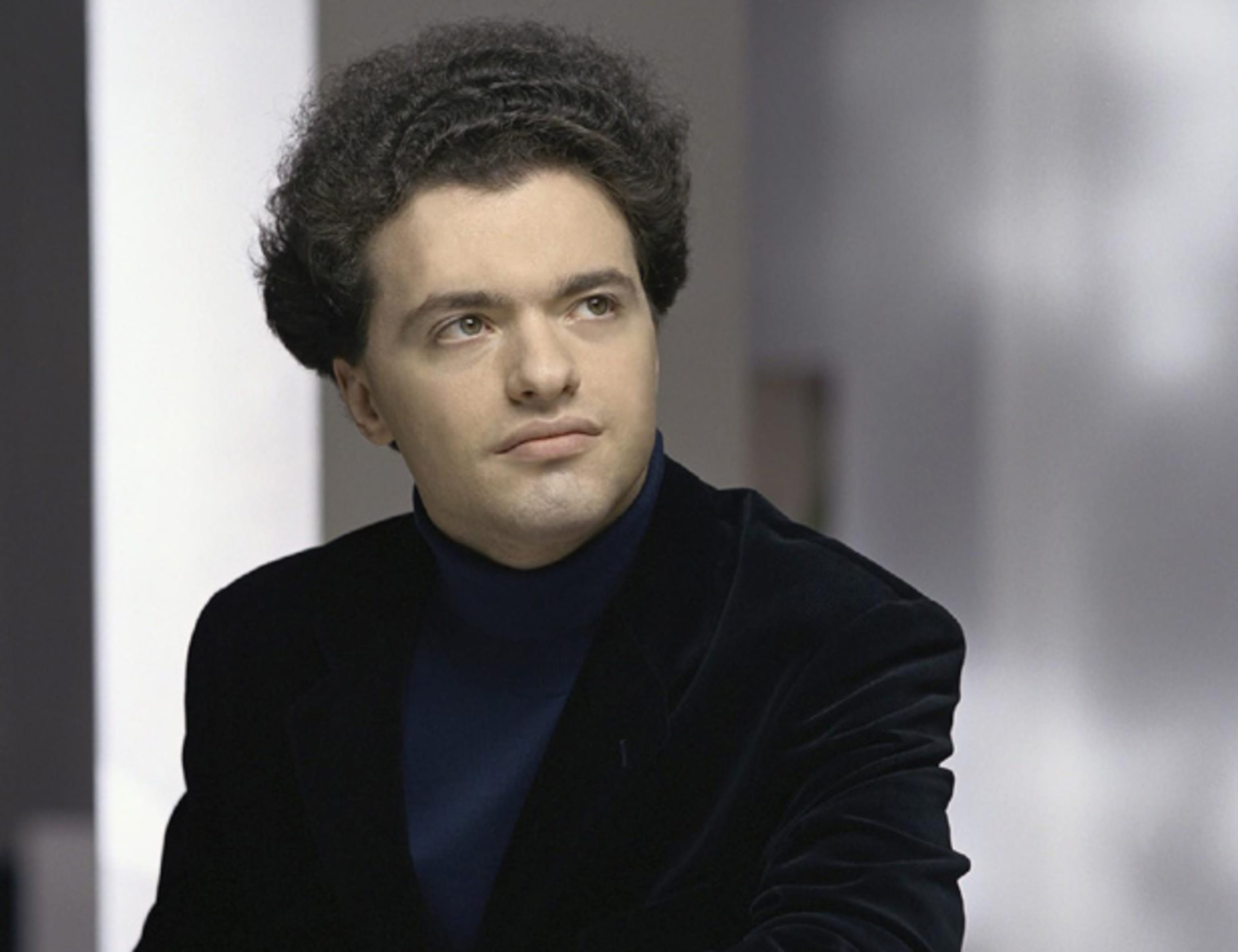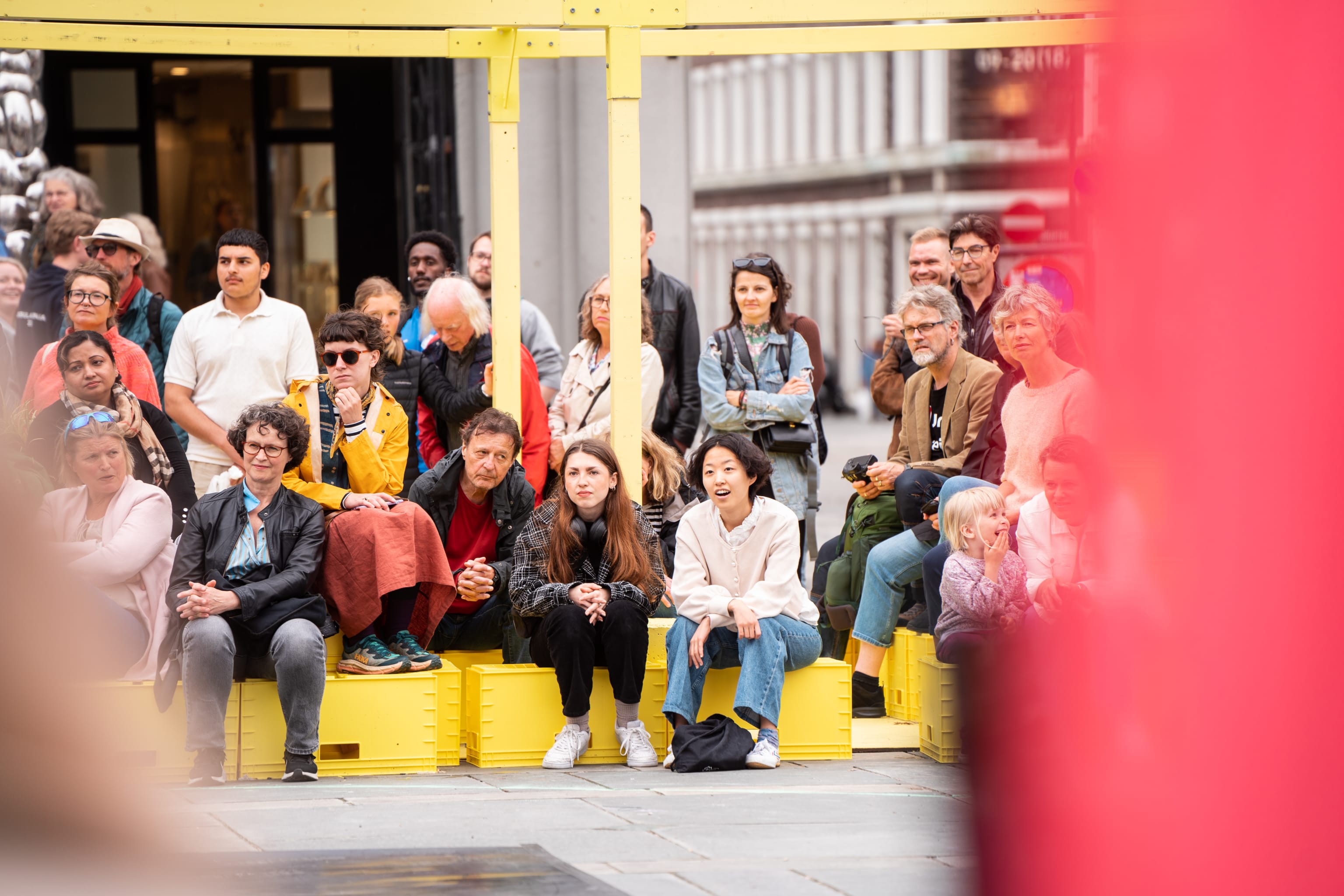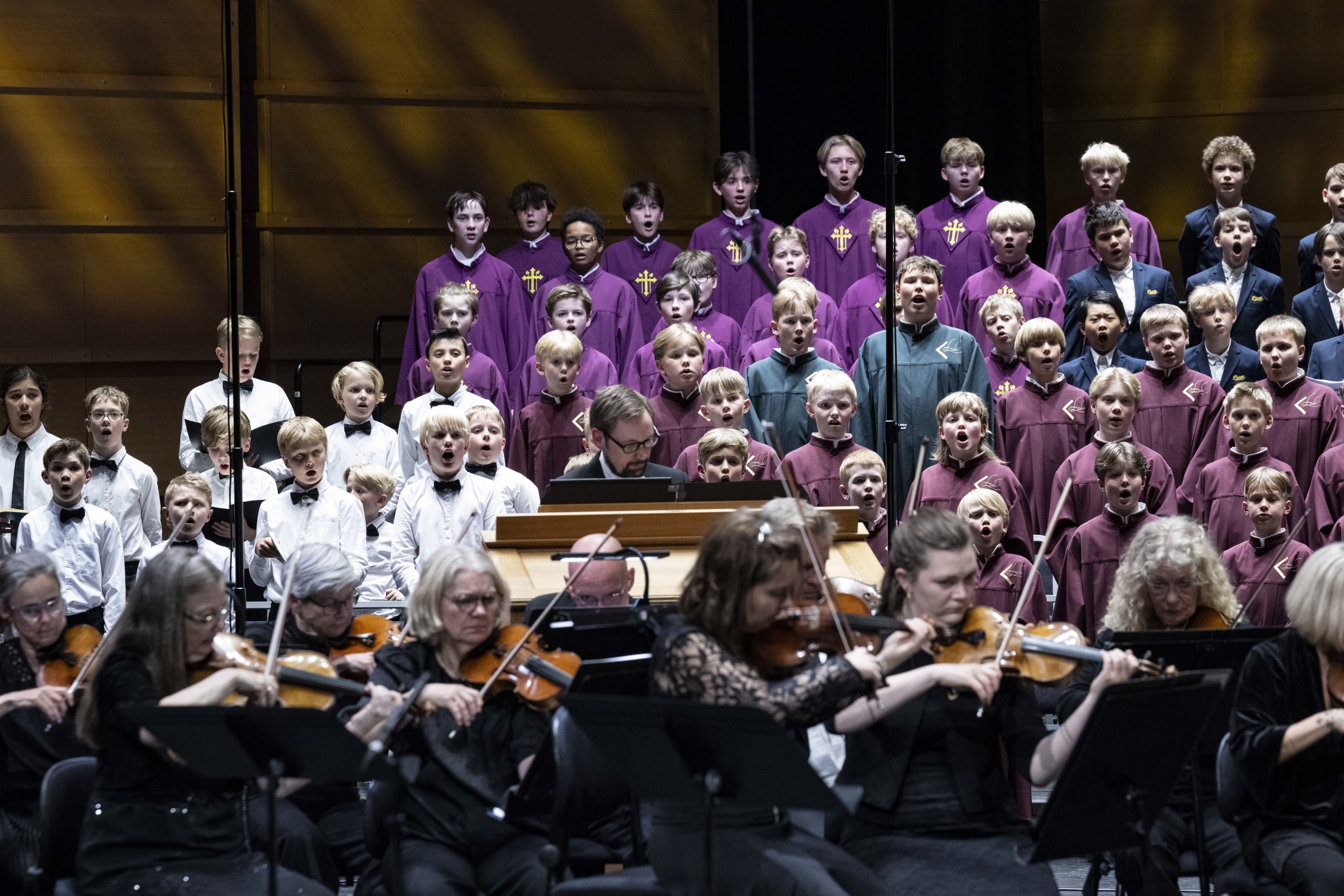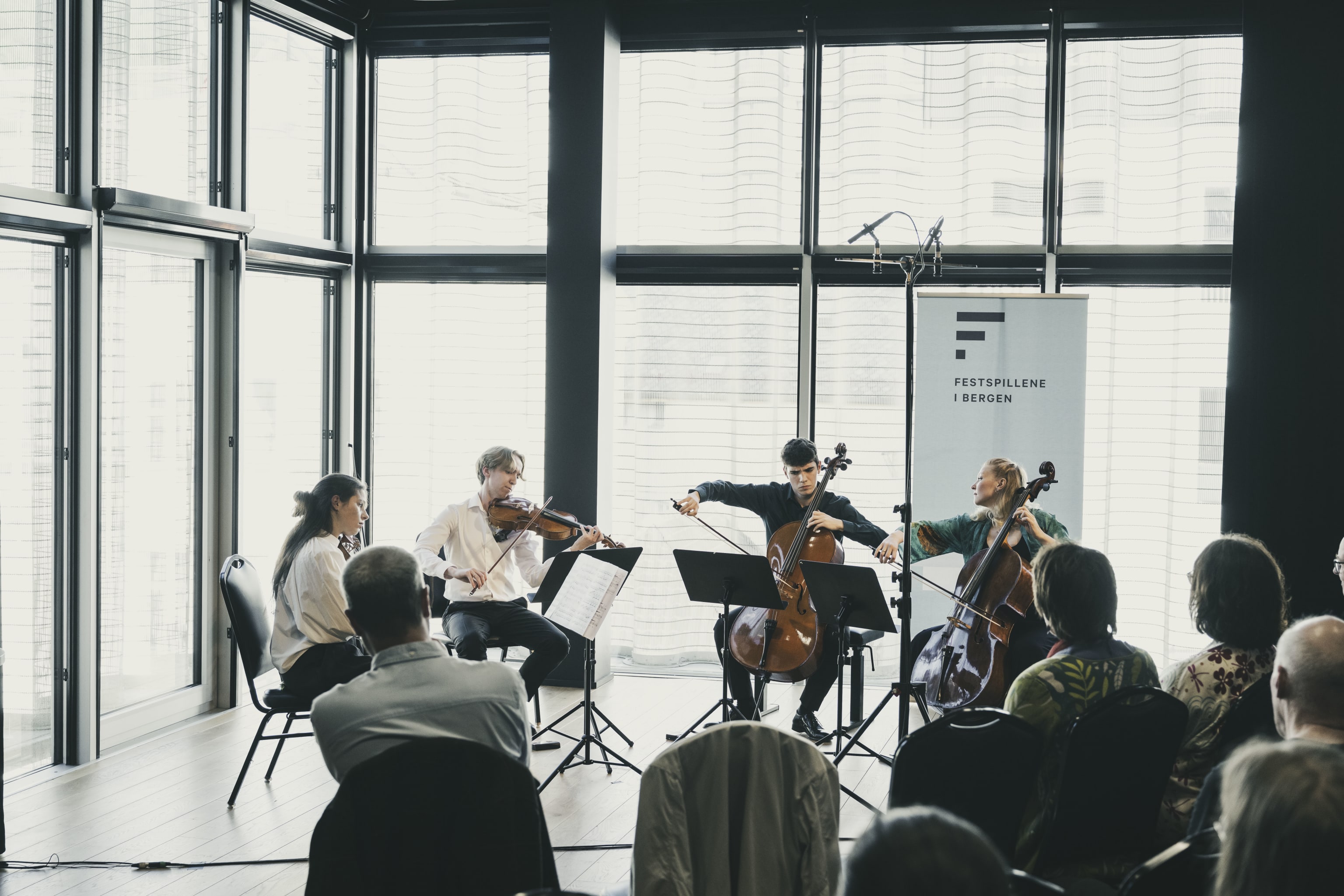
- The music itself tells me what to do
- Home
- Festival
- 2020-and-before
- Articles
- - The Music Itself Tells Me What To Do
March 24, 2011
Born in Moscow in 1971, Evgeny Kissin began playing the piano at the age of two. He came to international recognition at the age of 12, performing Chopin’s piano concertos in the Great Hall of the Moscow Conservatory with the Moscow State Philharmonic, under the baton of Dmitri Kitaenko.
- We pianists are extremely lucky: The piano repertoire is so vast, that I only hope to live long enough to learn everything I want to play, says Evgeny Kissin. PHOTO: SHEILA ROCK
Since his first appearance outside Russia in 1985, Kissin has played with leading orchestras and conductors, performing in the world’s greatest concert halls and winning numerous awards for his contribution to classical music.
Earlier this year, Kissin answered some questions from The Jerusalem Post.
You delved into the world of professional music at a very young age. How did it feel as a child to suddenly have a lot of adults around you, reacting excitedly to your performance?
It felt completely natural because playing music was my favorite activity since early childhood. I don’t think I cared much about the “excited reaction” of my listeners, but I always loved playing for other people. At my very first solo recital, which I gave at the Composers’ House in Moscow when I was 11 and a half years old, lots of seats had to be put on stage because there were only 600 seats in the hall, and many more people came. When my piano teacher, Anna Kantor, asked me afterwards whether the audience members who were sitting on stage around me were disturbing me, I immediately expressed the way I felt: “No, they were helping me!” A few years ago, when I started reflecting upon those things, I realized that my love for playing in public was caused by a natural desire to share with other people things I loved, things that were important and dear to me.
Is the audience important for you now?
- Yes, they are of vital importance for me. It is for them that I do what I do. I can’t understand it when some journalists ask me, ‘When you start playing a concert, do you try to forget about the audience?’ How could I possibly and why on earth should I try to forget about the audience when it is for them that I go on stage and play?!
Was there any transition from the state of being a child prodigy to that of a mature musician?
You know, when I was a child, many of my listeners, professional musicians, used to say that the term ‘child prodigy’ didn’t fit me because I played like a mature musician.
What is the driving force behind your advancement in music?
- Music itself.
Has there been any advancement or development in music?
- Music, like all arts, is developing all the time. And this applies not only to art: If there is no development, there is no life.
How has your understanding of music, of its drama, changed since you were a child?
- When I was a child, it was not really understanding but rather feeling of music – or one could say: intuitive understanding. Of course, it’s impossible to play well without the natural feeling of music at any age; but as a child grows older, feeling alone can no longer be enough.
How do your preferences in repertoire change over the years?
- I don’t think they do. My tastes have always been very broad, for as long as I remember, and I have always been trying to expand my repertoire in all possible directions. On the other hand, I never bring a piece to the public unless I feel that I am able to play it well.
How do you choose new pieces?
- That is very easy: from the pieces I love – of which there many! We pianists are extremely lucky: The piano repertoire is so vast, that I only hope to live long enough to learn everything I want to play.
How do you prepare a new work?
- There is no special method. I just sit down and start working – and then the music itself tells me what to do. Then, at a certain stage, after I have formed my own conception and am able to execute it, I start listening to other people’s performances of the piece and learn from them. Even if I don’t like someone else’s performance, that also helps because then I know even better what I want to do.
Are the circumstances of a composer’s life a factor when you work on a new piece?
- For certain pieces they are. If they had a direct influence on the piece – like Beethoven’s ‘Moonlight Sonata,’ for example. However, the most important thing is the music itself.
What is important for you to consider in a performance?
- To approach the level of the music performed as closely as possible. Of course, only the greatest performance can reach it sometimes; but nevertheless, we should all try to approach it as closely as our modest capabilities allow us.
What are your interests outside music?
- Life itself. Different aspects of it. Of course, some of those don’t interest me at all. As Socrates said, ‘There are so many things in the world that I don’t need.’ In my free time, I like reading, sightseeing and spending time with other people: with my friends or with people whom I may not necessarily be able to call friends but whom I like and find interesting.
Once I went to an astrologer who, having made my natal chart, said to me, ‘Of the 10 planets, you’ve got seven in the air and none on earth. That’s why you don’t care about material things at all, but you are interested in ideas and you like spending time with people who provide you with interesting ideas.’ I could not describe myself better.









